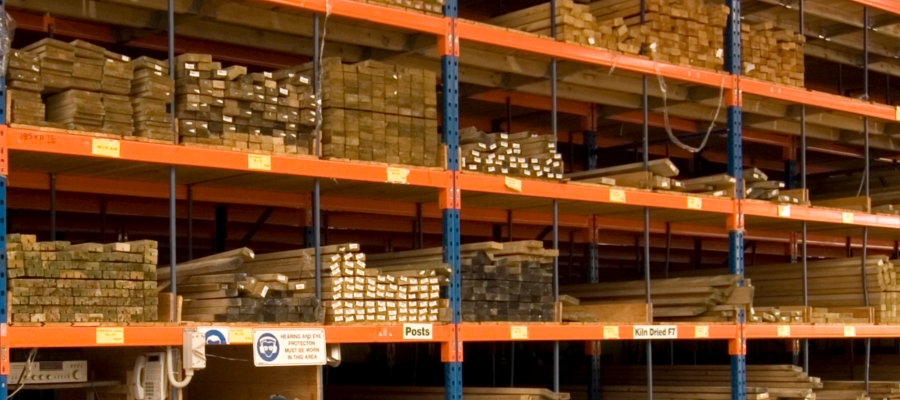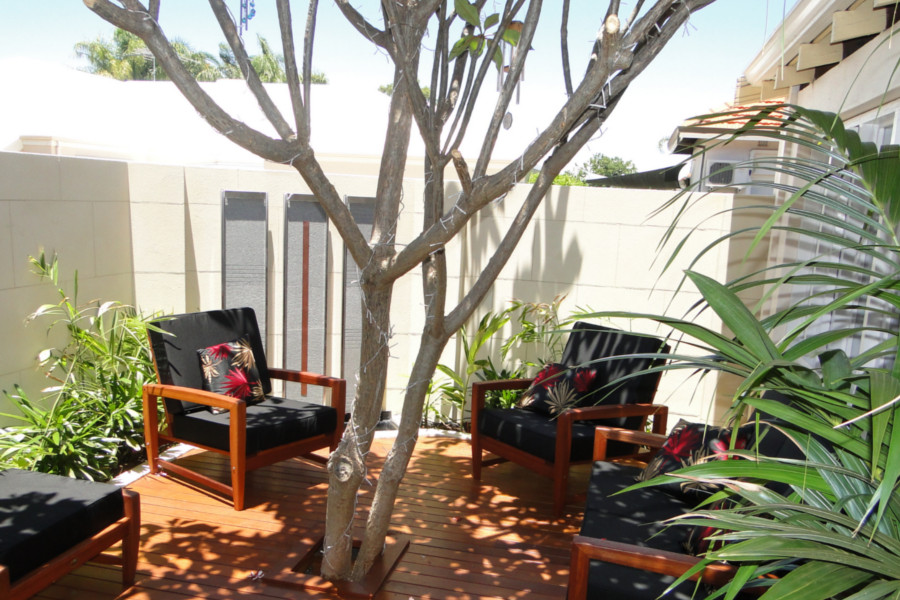
One of the most remarkable things about timber, other than its ability to be great building material, is that it’s an organic and sustainable product that provides net benefits to the environment. Not only does timber store carbon through its life cycle but it is recyclable. The production and processing of timber products also use less energy than most other building materials, which in turn results in fewer emissions and less pollution. There is no question about timbers benefit to the environment, and Softwoods along with environmentalists worldwide greatly value it as a resource.
In harnessing the wonders of timber for use in building comes a certain responsibility to ensure that timber as a resource is not misused. Illegal logging and forestry practices seek to undermine the great benefits that timber use provides to the environment by degrading the planet’s stocks of old growth timber and precious wilderness areas.
Softwoods work closely with our suppliers, ensuring they meet Australian Forestry Standard Ltd (AFS Ltd) Softwoods recognise that we have a responsibility to the environment, customers, suppliers and staff to base our commercial activities on legally harvested forests.
We are committed to purchasing all timber from legally harvested sources and seek evidence of compliance, where needed, from suppliers by operating a due diligence system.
We are committed to complying with the Australian Illegal Logging Prohibition Act 2012 and, where applicable, the Illegal Logging Prohibition Regulations.
We recognise that credible independent certification, 3rd party verification of forest management and chain of custody documentation significantly reduces the risk that timber is illegally harvested when purchasing timber from sources that are anything other than a low risk. Where the Department of Agriculture has issued country specific guidelines, we follow all systems and processes recommended.
Illegal logging is a significant problem in many countries. It degrades forest environments, reduces biodiversity, undermines government regimes and revenues, contributes to greenhouse gas emissions and deprives local communities of opportunities to improve their quality of life.
The Australian government recently introduced legislation to combat these destructive activities while also supporting the trade in legally harvested timber and timber products.
Why is Australia taking action?
Its estimated that Australia imports AUD $4.4 billion of timber and wood products annually (excluding furniture) $400 million of these imports come from sources with some risk of being illegally logged. As a responsible member of the global community, it is in Australia’s interests to protect plants and animals and the environment, promote sustainable forest management and reduce the depletion of exhaustible natural resources that are threatened by illegal logging.
Australia is not alone in taking action against illegal logging. Our illegal logging laws complement legislation that has been introduced by the European Union and the United States.
Softwoods
Softwoods is an independent, family owned company that has been trading for over 30 years. In that time we’ve worked hard to build a business that we’d like to deal with if we were building in our own backyards. We’re community minded, environmentally conscious, and always focused on our customers experience.
ABN: 49 076 530 848
Our Locations
573 Port Road, West Croydon SA 5008
Phone (08) 8346 1499
Email [email protected]
493 Wright Rd, Modbury SA 5092
Corner Wright & McIntyre Roads
Phone (08) 8396 4044
Email [email protected]
28 O’Sullivan Beach Road
Lonsdale SA 5160
Phone (08) 8384 5133
Email [email protected]
Suite 15 Plaistowe Mews
102 Railway Street
West Perth WA 6005
Phone 1300 737 465
Copyright © 2024 Softwoods • Pergolas, Decking, Fencing, Carports, Roofing • Site by Adelaide Websites
© 2025 Softwoods - Pergola, Decking, Fencing & Carports, Roofing.



